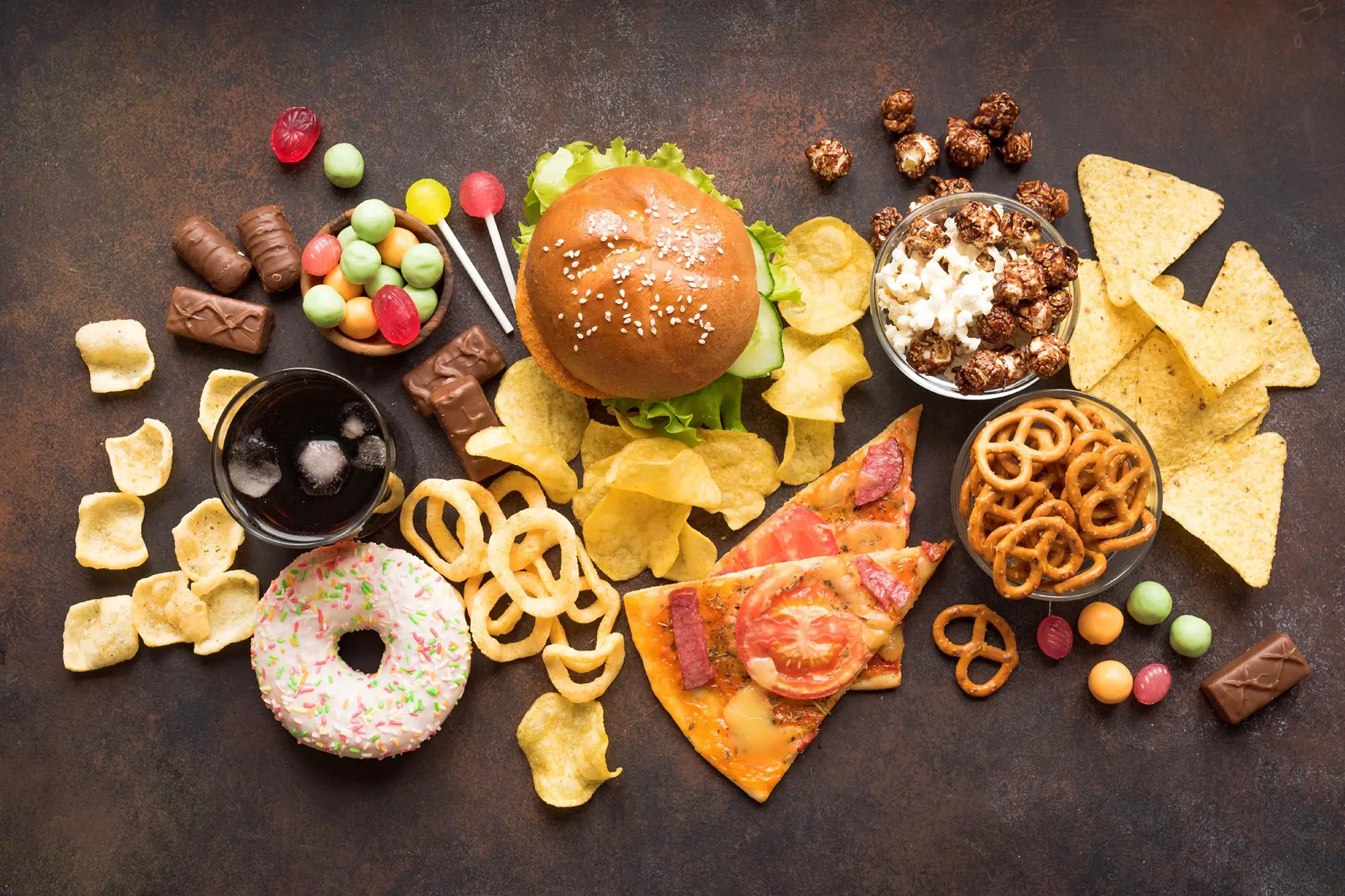In today's world, where convenience is king, ultra-processed foods have become a staple in many people's diets. These foods are highly engineered, with additives and preservatives that keep them fresh for longer periods, and often contain little to no nutritional value. Studies have shown that consuming these foods regularly can contribute to weight gain and obesity, making them a significant concern for those pursuing weight loss goals.
So, what are ultra-processed foods?
Ultra-processed foods are those that have undergone significant processing and contain multiple ingredients. They are often high in calories, sugar, fat, and salt, and low in nutrients such as vitamins and fiber. Examples include fast food, candy, chips, soft drinks, and many ready-to-eat meals.
How do they affect weight loss?
One of the main reasons that ultra-processed foods can make weight loss more challenging is that they are calorie-dense but not very filling. They are often designed to be consumed quickly and in large quantities, leading to overeating and consuming more calories than the body needs. Studies have shown that people who consume more ultra-processed foods tend to have higher body mass indexes (BMI) and are more likely to be overweight or obese.
Furthermore, the additives and preservatives in these foods can disrupt the body's natural processes, leading to hormonal imbalances and increased cravings for junk food.
Additionally, ultra-processed foods tend to be low in fiber, which is essential for maintaining healthy digestion and keeping us feeling full for longer periods.
Incorporating ultra-processed foods into a healthy diet
While it's best to avoid ultra-processed foods altogether, many people find it challenging to eliminate them entirely from their diets. If you do choose to consume these foods, it's essential to do so in moderation and balance them with healthier options. Here are a few tips for incorporating ultra-processed foods into a healthy diet:
Pay attention to portion sizes: One of the biggest issues with ultra-processed foods is that they are often high in calories but low in satiety. To avoid overeating, pay attention to portion sizes and aim to consume small servings.
Choose healthier options: When selecting ultra-processed foods, choose options that are lower in calories, sugar, fat, and salt. For example, instead of regular soda, opt for a diet soda or water with a splash of fruit juice.
Pair with nutrient-dense foods: To make your meal more filling and nutritious, pair ultra-processed foods with healthier options such as fruits, vegetables, lean protein, and whole grains. For example, have a small serving of chips with a side of salsa or guacamole, or pair a fast-food burger with a side salad.
Limit frequency: To avoid consuming too many ultra-processed foods, limit their frequency in your diet. Aim to consume them once or twice a week and balance them with healthier options the rest of the time.
In conclusion, ultra-processed foods can make weight loss more challenging due to their high calorie and low satiety content. While it's best to avoid these foods altogether, if you choose to consume them, do so in moderation and balance them with healthier options. By paying attention to portion sizes, choosing healthier options, pairing with nutrient-dense foods, and limiting frequency, you can enjoy these foods without compromising your weight loss goals.



